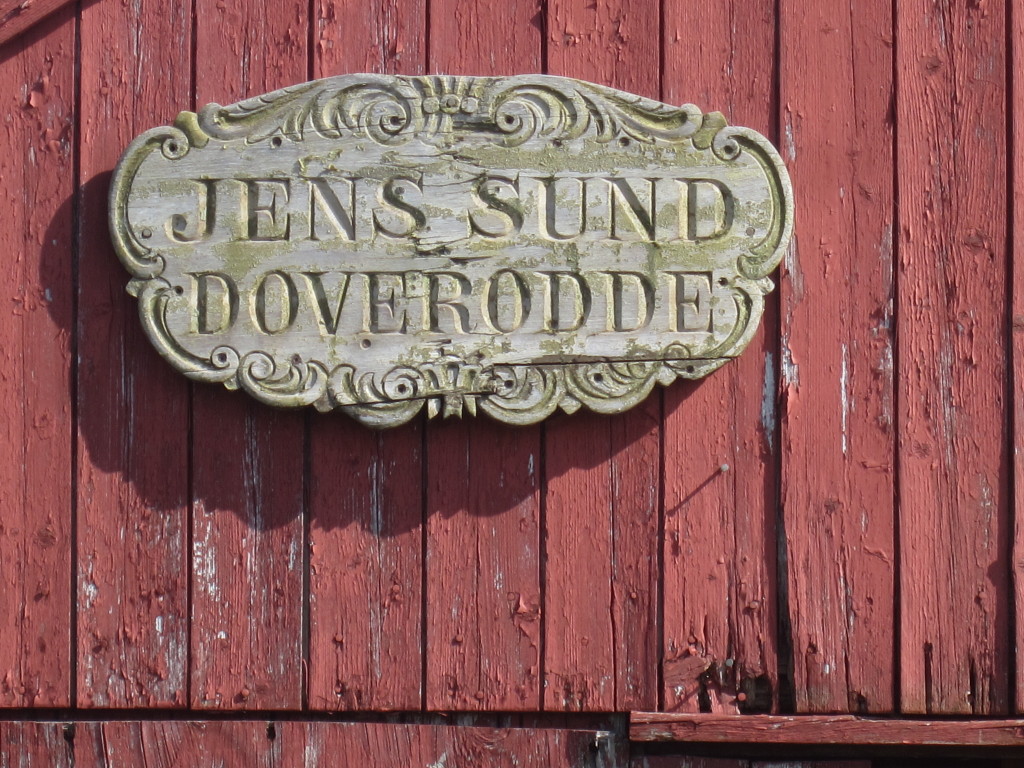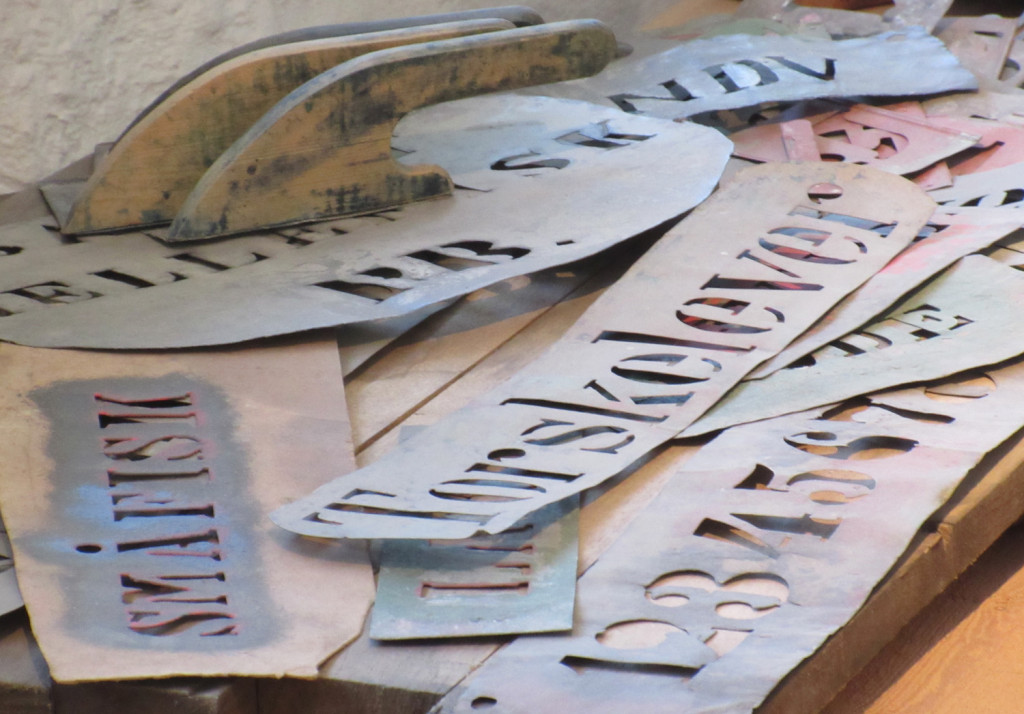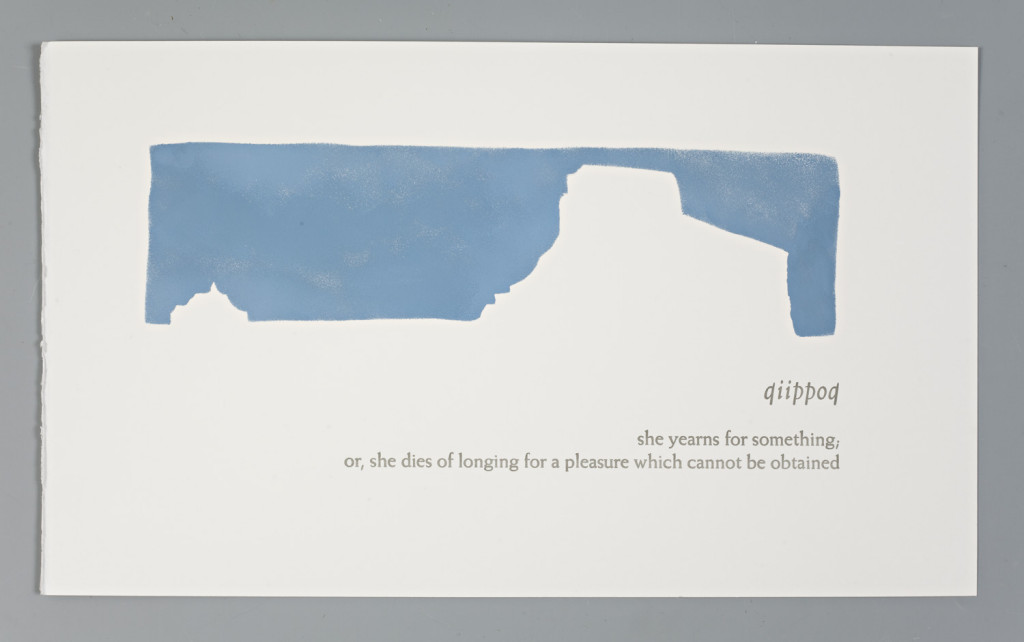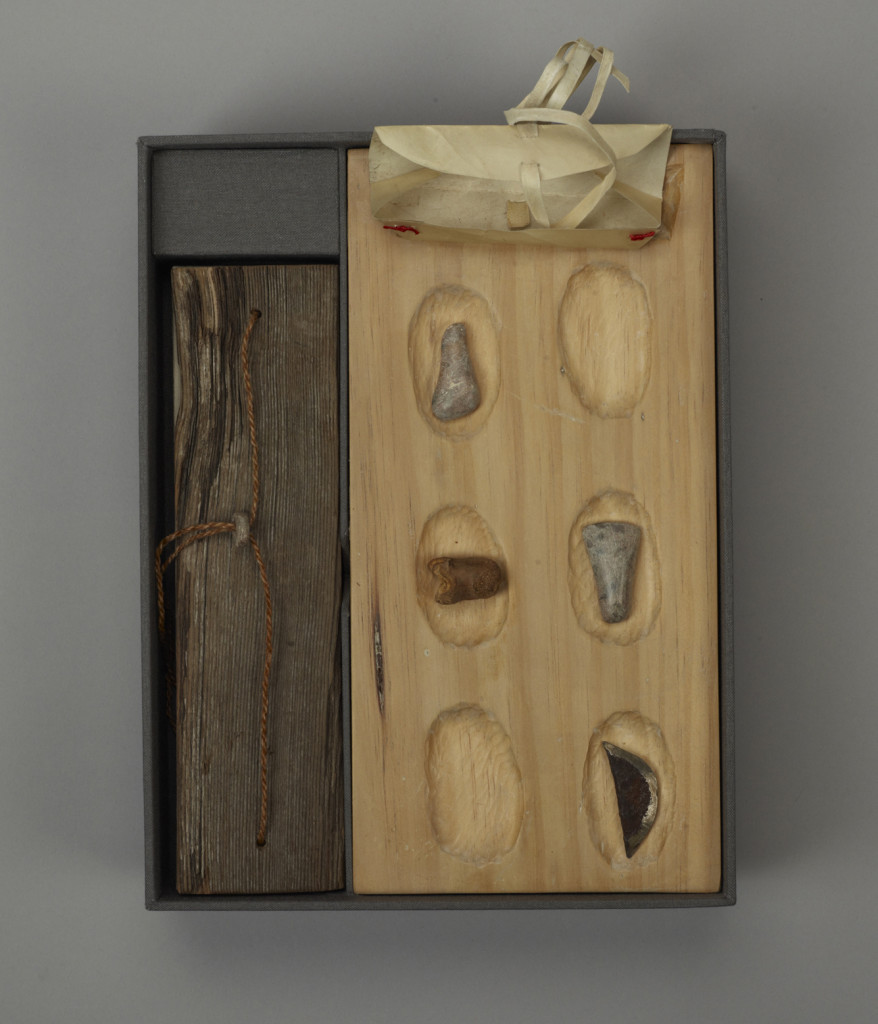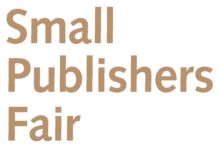Some years ago I was lucky to encounter a number of people much older and more experienced than I was, all of whom knew exactly what a book should look like. The strong self-belief of these letterpress printers fed their exquisite presswork. As an apprentice, it was my role to listen and learn from each in turn, but it did not take me long to figure out that they could not all be right. Their own diverse works were proof enough that there was more than one way of making a good book.
The exhibition at the Small Publishers Fair 2015 aims to give a taste of the many ways in which it is possible to make a book. Sometimes my publishing choices are led by aesthetic considerations, but more often they are informed by necessity: from the poetry pamphlet printed with lead type that I cast at a foundry in the Brooklyn Navy Yard (Boat Trip) to a book begun in rural Denmark miles from any presses, loaded into an online template, and now available to print on demand in China (Doverodde).
Visitors will find almost as many artists as printing techniques represented in the exhibition. I relish the collaborative nature of publishing, with ideas for new projects generated by meetings and conversations that often begin at events like the Small Publishers Fair.
The first book I produced, An Edifying Essay Upon Slugs, was cooked up with the distinguished American wood engraver Abigail Rorer when we spent a rainy summer together in the Rocky Mountains. (I’m delighted that Abigail will be flying over to the SPF to see her work on show).
More recently I’ve had the honour of seeing my poems become artists’ books in the hands of New York artists Roni Gross and Peter Schell. Many of these books started out as late night discussions over a glass of whisky; others stem from an impulsive email or Tweet. And what ends up in print is only a small part of publishing – there are always imaginary books, the books that have featured in many conversations but are yet to be made.
Despite the occasional scare when pundits suggest that the book is on the verge of extinction, I believe it has a great future. Perhaps this cannot be said for the Arctic, an environment that features in many of my books. I am particularly interested in endangered Arctic languages and how the fate of communication in the region is intertwined with the changing climate.
The book I will launch at the fair, Proviso, is about the words we all choose to lose, the texts that are not kept on record. Visitors and publishers will have the chance to and win and lose words by playing an Arctic dictionary game: ‘The Astonishing… The Ephemeral… The Transformational… Vanishing…! Polar…! Tombola!’ I look forward to starting new conversations over the tombola table.
Nancy Campbell, October 2015
www.nancycampbell.co.uk | @nancycampbelle
